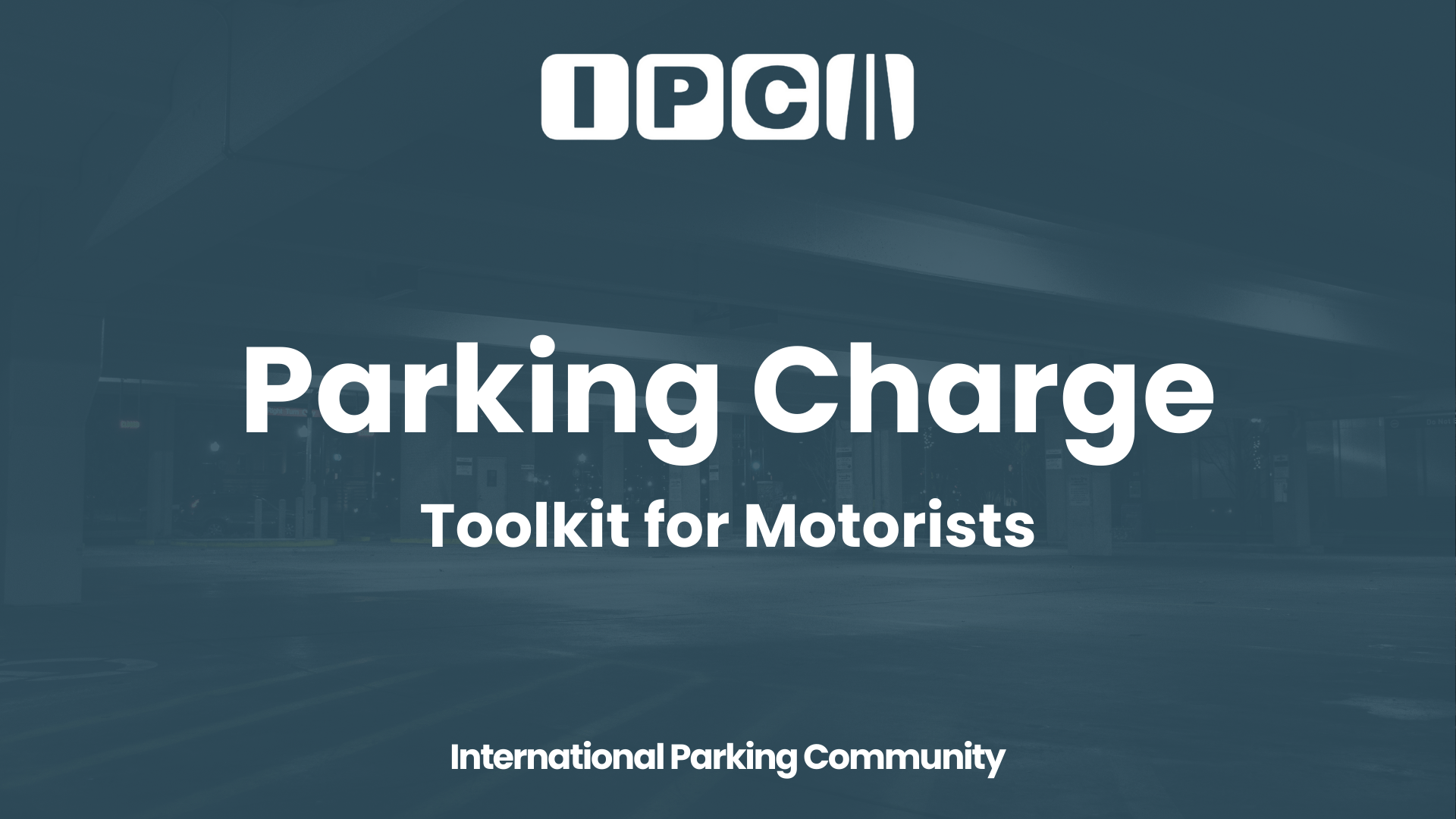We are a
Trade Association, not a regulatory body. This means that whilst we will address concerns raised about our members’ working practices that are not in compliance with our Code of Practice, we will not deal with complaints about individual Parking Charge Notices. If you have a concern, appeal or complaint concerning a Parking Charge please contact the
IAS.
The International Parking Community (IPC) is DVLA Accredited Trade Association (ATA). This means that because we the IPC have set standards and practices our members can access DVLA data as they adhere to our Code of Practice.
Please visit 247advice website below for helpful information.
Visit the 247Advice.co.uk website it provides you (as a motorist) to understand all you need to know about parking charges which have been issued on private land, and what you should do when you have received a parking charge.
The information will help you to understand whether you should appeal the charge, and the type of evidence you will need to provide to the parking operator, along with other useful tips. It will also help to explain what the parking operator must do when dealing with your appeal.
The Sector Single Code of Practice is overseen by The Private Parking Scrutiny and Advice Panel (PPSAP). An independent panel that was created in January 2025. The purpose of the panel is to create impartial oversight over the private parking Code of Practice, ensuring the Code raises standards for consumers. Learn more about the Panel here:
https://www.ppsap.org.uk
See Our Motorist Toolkit Here



